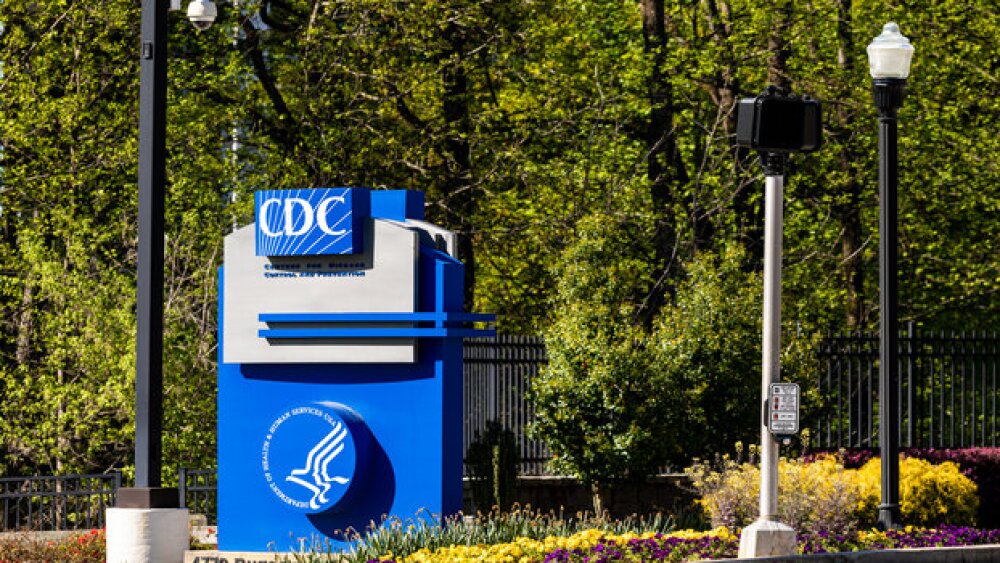September 8, 2016
By Alex Keown, BioSpace.com Breaking News Staff
SAN DIEGO – Fate Therapeutics earned a big win as the company struck a deal with Michael Sadelain, director of the Center for Cell Engineering and one of the top scientists at Memorial Sloan Kettering Cancer Center, to develop off-the-shelf T-cell therapies.
Scott Wolchko, president and chief executive officer of Fate, said the collaboration puts Fate at the “forefront of an off-the-shelf paradigm shift.” Wolchko said working with Sadelain will allow the company to broaden access to T-cell immunotherapies.
“This partnership brings together Memorial Sloan Kettering’s excellence in the manufacture and delivery of cell-based immunotherapies, and our established expertise in pluripotent cell generation, engineering and differentiation,” Wolchko said in a statement.
Under the collaboration, Fate and Sadelain will unite the independent research and preclinical work done at both Fate and Memorial Sloan Kettering to “accelerate the clinical translation of T-cell product candidates derived from engineered pluripotent cells.” Fate and MSK said that collectively they have “amassed significant and complementary expertise” to deliver off-the-shelf T-cell therapies.
“Engineering therapeutic attributes into pluripotent cell lines, such as antigen specificity, lack of alloreactivity, enhanced persistence and histocompatibility, is a breakthrough approach to renewably generate potent T-cell immunotherapies,” Sadelain said in a statement. “This unique approach offers the prospect for off-the-shelf delivery of T-cell immunotherapies with enhanced safety and therapeutic potential at the scale necessary to serve significant numbers of patients.”
The work being done by Fate and Sadelain with off-the-shelf T-cell therapies is part of the hot field of CAR-T therapies being conducted by companies such as Juno Therapeutics and Kite Pharma . Fate is certainly no stranger to Juno. Last year the company announced a research collaboration and licensing deal with the Seattle-based Juno for immunotherapy research.
CAR-T cells are made from a patient’s own immune cells that are then genetically engineered to better identify and kill cancer cells. CAR-T therapies are engineered to be patient specific, while the off-the-shelf T-cell therapies with induced pluripotent cells are believed to be more versatile and less complex. Induced pluripotent cells possess the unique dual properties of self-renewal and differentiation potential into all cell types of the body including T cells. Pluripotent cell lines have the potential to serve as a renewable cell source for the consistent manufacture of homogeneous populations of effector cells for the treatment of many thousands of patients, Fate said in a statement.
In June, Fate’s investigational immunotherapy treatment ProTmune for the reduction of incidence and severity of acute graft-versus-host disease for patients undergoing allogeneic hematopoietic cell transplantation, was granted Fast Track Designation by the U.S. Food and Drug Administration.
Fate will license MSK’s intellectual property covering induced pluripotent cell-derived immune cells, including T cells and NK cells derived from pluripotent cells engineered with chimeric antigen receptors, for human therapeutic use, the company said in a statement.





